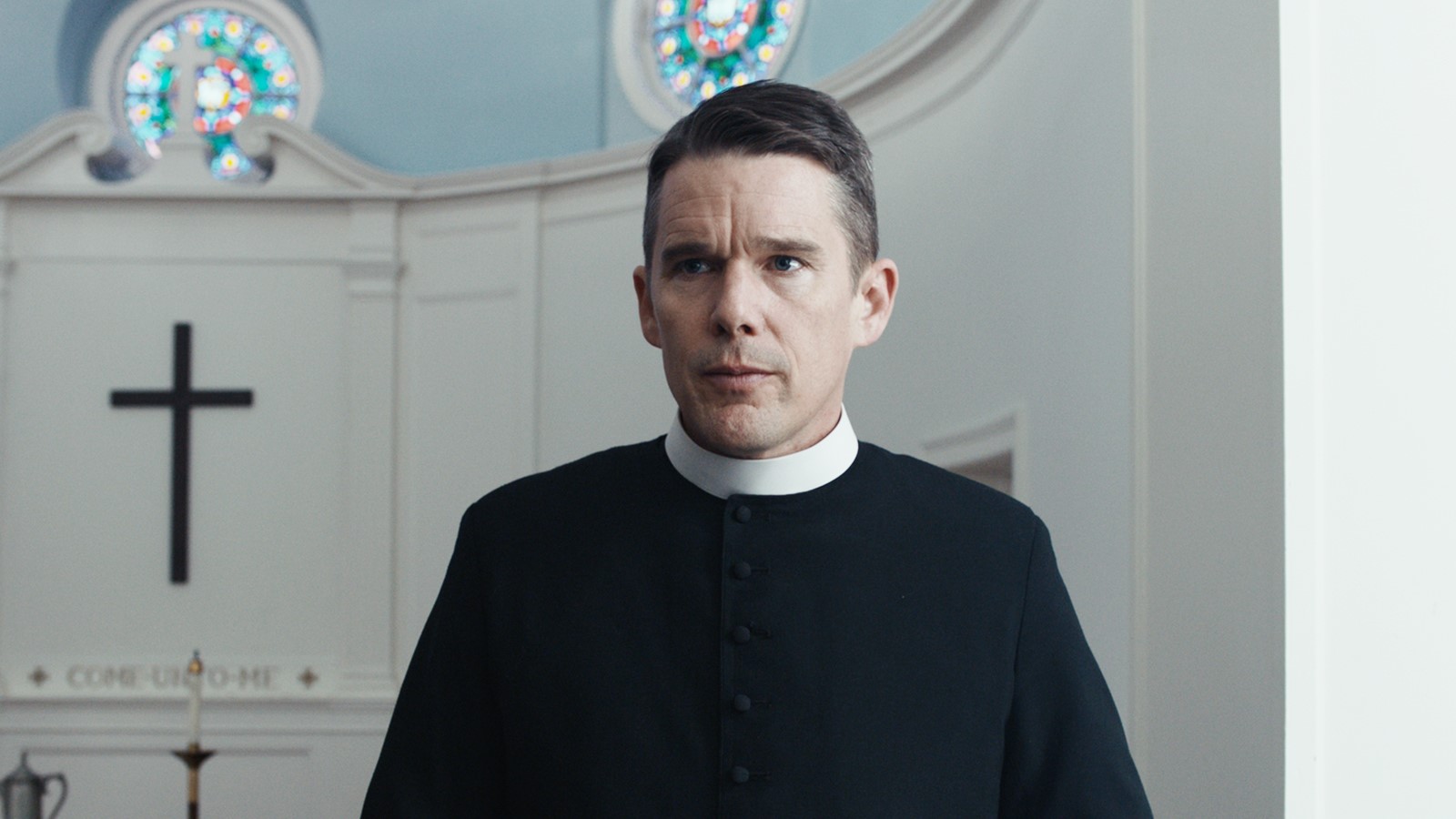
Almost everybody has something bad to say about the Oscars, yet they remain one of the most famous bellwethers for cinematic quality.
The Academy of Motion Pictures and Sciences has made it clear that it knows it has problems and is making drastic changes. While some of these have been unsavoury and controversial, some changes seem to be working out. Take this year’s crop of nominees. Best picture includes a comic book movie, a black and white Netflix feature, critics’ favourites, box office hits, and a sophisticated remake of Driving Miss Daisy.
Of course, there are still problems. The Oscar industry makes campaigning as important as craft and conflates popularity with achievement. Many of the best films of the year go unnoticed simply because they fail to find supporting patrons.
And when the Academy Awards say they honour the best in film, what they mean is that they honour the best fiction films from the USA, the UK, and some NATO allies. Some of the most exciting, ground-breaking, and truly best cinematic efforts are documentaries and foreign films, yet those categories continue to serve as well-intentioned ghettos.
This post is an attempt to remedy that just a little bit. While nothing can turn back time, here we highlight the most egregious snubs in each category, except for the shorts. Obviously, this list is subjective, but it also tried to take into consideration (semi-)popular opinion and general consensus.
While some films pop up multiple times, this list tried to spread the honours around, and even though this list is meant to highlight the most unfortunate snub, some cases include runners-up or ties. 2018 had a wealth of cinematic treasure on offer, so before the Oscars anoint their winners, here’s a look at the ones who should’ve gone for gold.
ACTOR
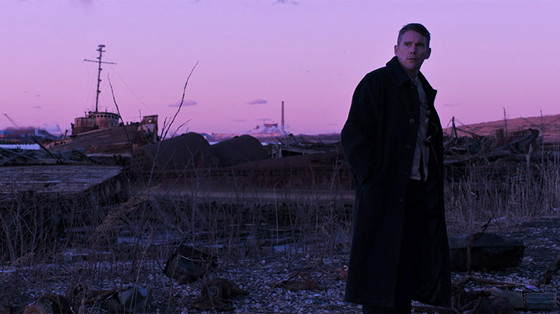
Notable Snubs: Many had pegged John David Washington for BlackkKlansman for a slot, and Ryan Gosling’s turn in First Man seemed possible at one point.
Worst Snub: Marcello Fonte should’ve been in contention for Dogman, and it’s also unfortunate that neither John C. Reilly nor Joaquin Phoenix got any heat despite giving great performances together (in The Sister Brothers) and apart (Phoenix in You Were Never Really Here and Reilly in Stan & Ollie).
In First Reformed, Ethan Hawke gave one of the best performances of his career, capping off what has been an incredible decade of great work. As Reverent Ernst Toller, Hawke conveys the sedated despair and confusion of a man who, against every impulse in his body, is radicalized. Hawke’s performance is delicate, one that conveys disgust with our current institutions without ever glamorizing terrorism. Whoever wins the award this year will have done so with the help of prosthetics and an extreme physical transformation (and talent, sure), but Hawke gave the best male performance of the year by pulling inward.
ACTRESS
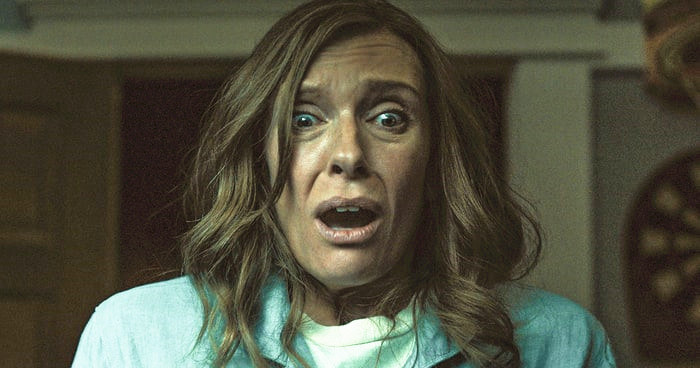
Notable Snubs: Emily Blunt was in it right up until the end for Mary Poppins Returns and Viola Davis came close with Widows.
Worst Snub: Rosamund Pike deserves a mention for A Private War, but this title belongs to Toni Collette for Hereditary. The Academy has seemed more open to genre fare lately, so many had hopes that Collette would make it in, but her omission is the Academy’s shame.
Collette anchored a supremely effective horror film with a fantastic performance playing a mother who faces every parent’s worst nightmare and that’s only the first act. The film hinges on her ability to balance grief and rage with tender affection, but the script also provides her with big moments that show just how well-crafted the performance is. Like our pick for best actor, Collette deserved to be in serious contention for the statue, not just the nomination.
SUPPORTING ACTOR
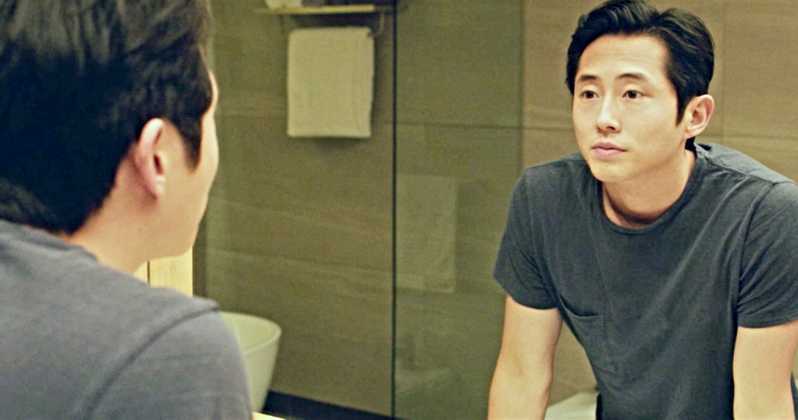
Notable Snubs: Almost everyone predicted Timothy Chalamet for Beautiful Boy. Less likely but also possible were Michael B. Jordan for Black Panther and Brian Tyree Henry for If Beale Street Could Talk. Hugh Grant was an outside favorite for Paddington 2.
Worst Snub: While not the main pick, The Death of Stalin had a wealth of deserving contenders. Simon Russel Beale’s turn as the monstrous Beria drew acclaim, but it would’ve been great to see a nod for Michael Palin’s first feature in a long time.
Still, the biggest snub for supporting actor has to be Steven Yeun for Burning. Yeun’s performance was one of the most heralded aspects of a film that critics fell head over heels for. As a deceptively charming sociopath, Yeun leveraged his clean-cut image and years of goodwill that he accrued playing the squeaky-clean Glenn on The Walking Dead to deliver a memorable performance that showed his range and began a new stage in his career. This award often goes to memorable killers and monsters, and Yuen should’ve had a chance to join that esteemed pantheon.
SUPPORTING ACTRESS

Notable Snubs: Claire Foy was considered a lock even after First Man’s chances for gold were good and gone. Margot Robbie got SAG and BAFTA love for Mary Queen of Scots. Both didn’t make it.
Worst Snub: This is usually the hardest snub to decide. Tilda Swinton maintained her annual tradition of giving an awards-worthy performance (last year it was Okja), or three, in Suspiria. Tyne Daly was a welcome presence in The Ballad of Buster Scruggs and both parts of A Bread Factory.
Ditto for Stan & Ollie’s other double act, Shirley Henderson and Nina Arianda. Rachel McAdams showed great range in Game Night and Disobedience. Then there’s critics faves like Zoe Kazan and Jeon Jong-seo.
But almost no one had anything to say about Alba Rohrwacher’s turn in Happy As Lazzaro. Directed by her sister, Rohrwacher had the thankless role of Antonia, the real-world anchor to Lazzaro’s magic realist time-hopper. Her face tells us so much while weathering economic exploitation without ever losing a joy for life. H
appy As Lazzaro is a sort of parable, and most of the attention went to Adriano Tardiolo in the titular role, but Rohrwacher does solid, thankless supporting work, eschewing movie star glamour for a down-to-earth performance in a film swirling with bittersweet magic.
SONG
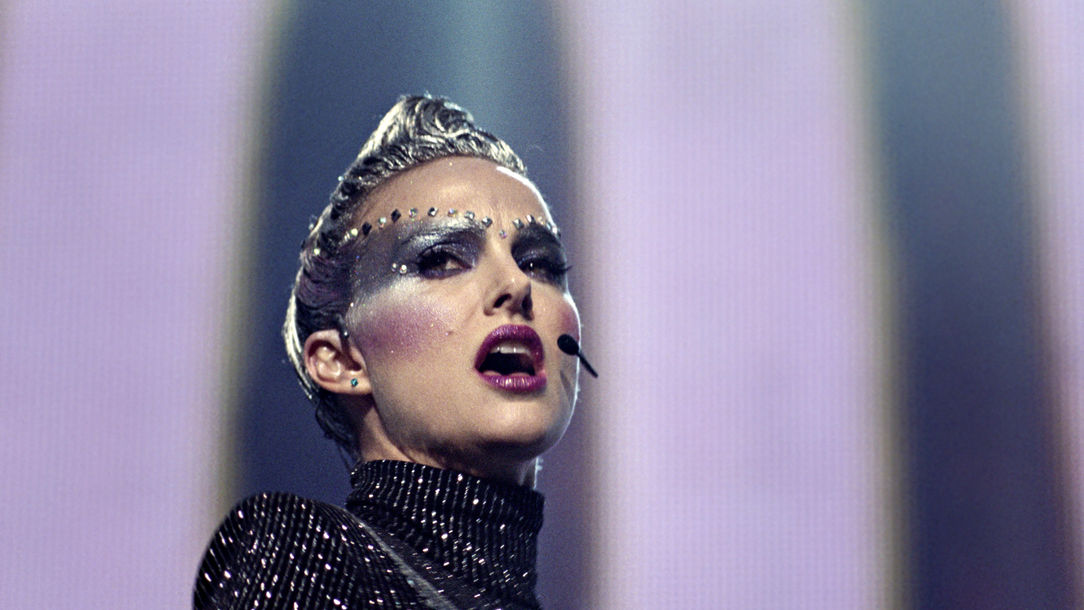
Notable Snubs: Dumplin’ was assumed given Netflix and Dolly Parton’s massive charm offensive didn’t make the cut. Other than that, many predicted a different Mary Poppins song.
Worst Snub: This category has a long, very well-earned reputation for being full of dreck, but this was a relatively strong year for movie songs. Annie Lennox’s “Requiem for a Private War”, Boots Riley’s “OYAHYTT” from Sorry to Bother You, and Thom Yorke’s “Suspirium” are all great songs that elevate their movies. But a big part of this category is the song’s contribution to the movie, and for that it’s worth highlighting Sia’s work for Vox Lux.
The songs she and Greg Kurstin made for Brady Corbet’s very divisive and full-on film aren’t particularly original. They sound like they could be on any singing show, and that’s the point. Vox Lux is a controversial effort with something to say about the monotonous oppression of American violence, and it works by contrasting that din with vivid sensory experiences, and the music is the defining element in all of this.
SCORE
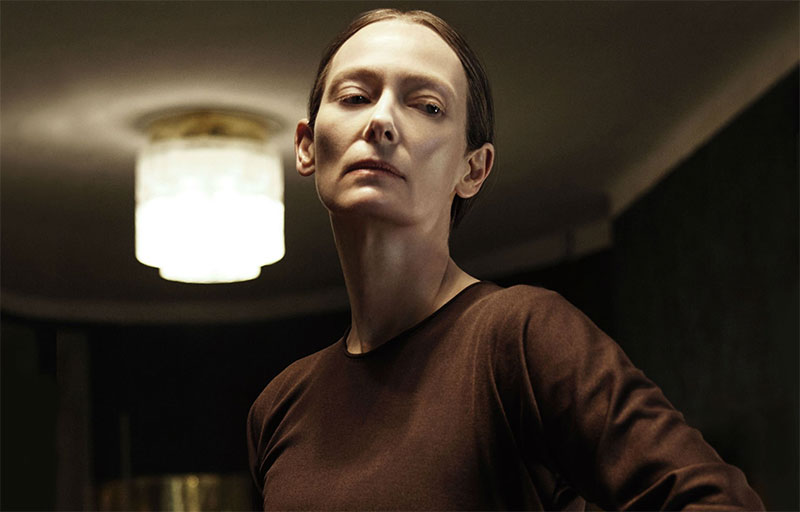
Notable Snubs: First Man was considered a shoo-in until nominations days, Marco Betrami’s work for A Quiet Place did a lot of heavy lifting, and the Annihilation score was still in contention long after its other prospects failed away.
Worst Snub: This is a bit of a cheat, but how much of a blast would it have been for two members of Radiohead to compete against each other? Jonny Greenwood’s been turning in great scores for years, even getting nominated last year for Phantom Thread, and his work in You Were Never Here communicates so much of what Joaquin Phoenix’s lead can’t or won’t. It’s one of the most haunting, ethereal scores of the year. The other one is Thom Yorke’s Suspiria. Given the unenviable task of following in Goblin’s footsteps, Yorke delivered a sonic experience that was both spiritual and full of dread.
SOUND EDITING
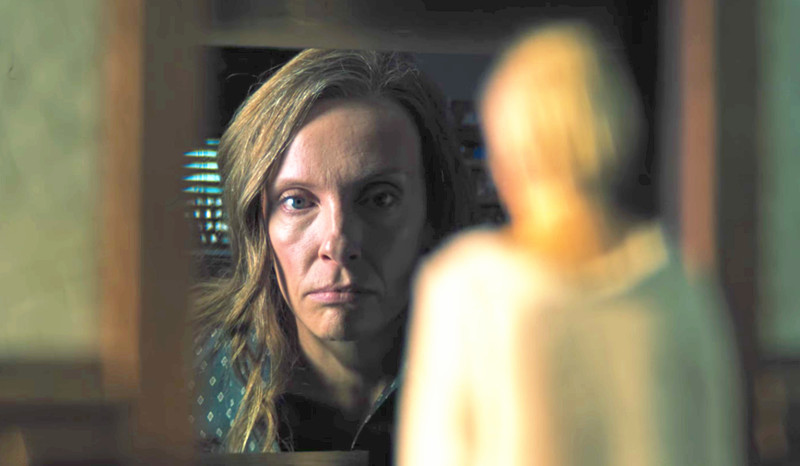
Notable Snubs: Most people don’t go gaga over this award, but A Star Is Born was predicted to join Bohemian Rhapsody here. The big actioners had a lot of soundscaping to do, and while some complained about Mission Impossible: Fallout’s omission, Avengers: Infinity War had a lot of sound effects and so little recognition for them.
Worst Snub: Hereditary. Other films were louder or had more special sounds to make, but Hereditary used a handful of sound effects to great effect. Glottal clicks shouldn’t be so haunting nor should the slinking of a beam of light, and it’s really saying something when the sound of a knock on a hard surface—something we’ve heard in so many horror films—sounds scary all over again. We tend to recognize sound editing when there’s music, battles, or lasers, but a film like Hereditary is reminder of why crafts like this are so important. They seem subtle, but they make the cinematic experience.
SOUND MIXING
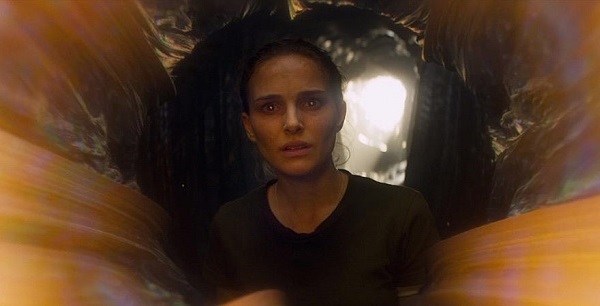
Notable Snubs: Few films have relied on sound mixing as much as A Quiet Place did, so it’s nomination for sound editing but not mixing is confusing. The same could be said for Bird Box, but its awards hopes died quickly.
Worst Snub: While it’s hard to deny A Quiet Place, this spot must go to Annihilation. Sure, the former relied on sound mixing, but Annihilation’s bear scene alone used sound mixing to haunting (and iconic) effect. In fact, the manipulation, distortion, and odd amalgamation of sound was as integral to the film as its trippy visuals and horror imagery. And as far as showpieces go, the scene where a bear monster’s roar includes the dying screams of its victim could serve as a primer for this oft-misunderstood craft.
HAIR/MAKEUP
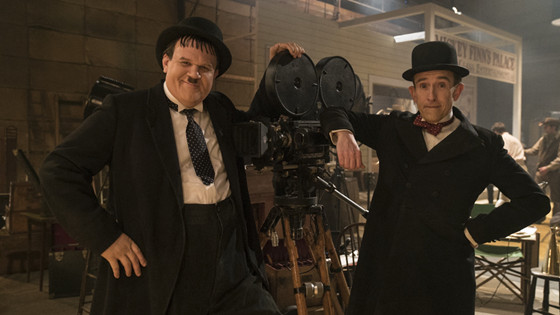
Notable Snubs: Bohemian Rhapsody’s teeth drew a lot of attention, and The Favourite, with its bleached faces and powdered wigs, would’ve been a given in a less competitive year.
Worst Snub: This category only chooses three nominees, and that was nowhere near enough in 2018. Case in point, Suspiria and Stan & Ollie. In the former, makeup turned Tilda Swinton into three different characters, including an elderly man, and did so seamlessly. In Stan & Ollie, prosthetics turned John C. Reilly into Oliver Hardy, essentially creating a whole new chin. The films that were nominated weren’t less impressive, but in a year this good, they should’ve made room for two more.
COSTUME DESIGN
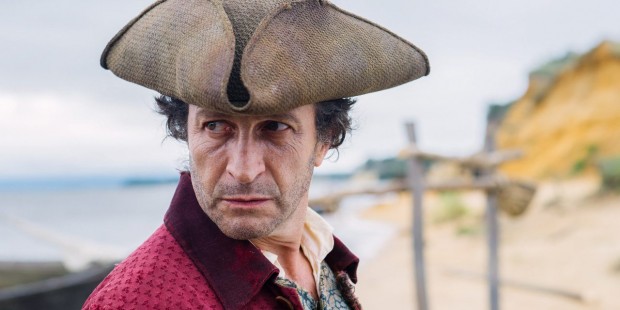
Notable Snubs: There were no real shocks, but some had hopes for Fantastic Beast’s period piece whimsy or Crazy Rich Asians’ opulent threads.
Worst Snub: Zama, Lucretial Martel’s period piece set in Colonial South America, is a visual feast. It deserved recognition in multiple categories, and it’s spotlight here is no less deserved. But unlike so many other films, including those actually nominated by the academy, the costumes here do more than just make the characters look time-appropriate. They communicate so much about class, privilege, and the personalities of their characters.
This is especially true of main character Don Diego de Zama whose red coat and tri-cornered hat increasingly become symbols of his pathetic and delusional allegiance to the crown. They say clothes make the man, but here they tell his story.
PRODUCTION DESIGN
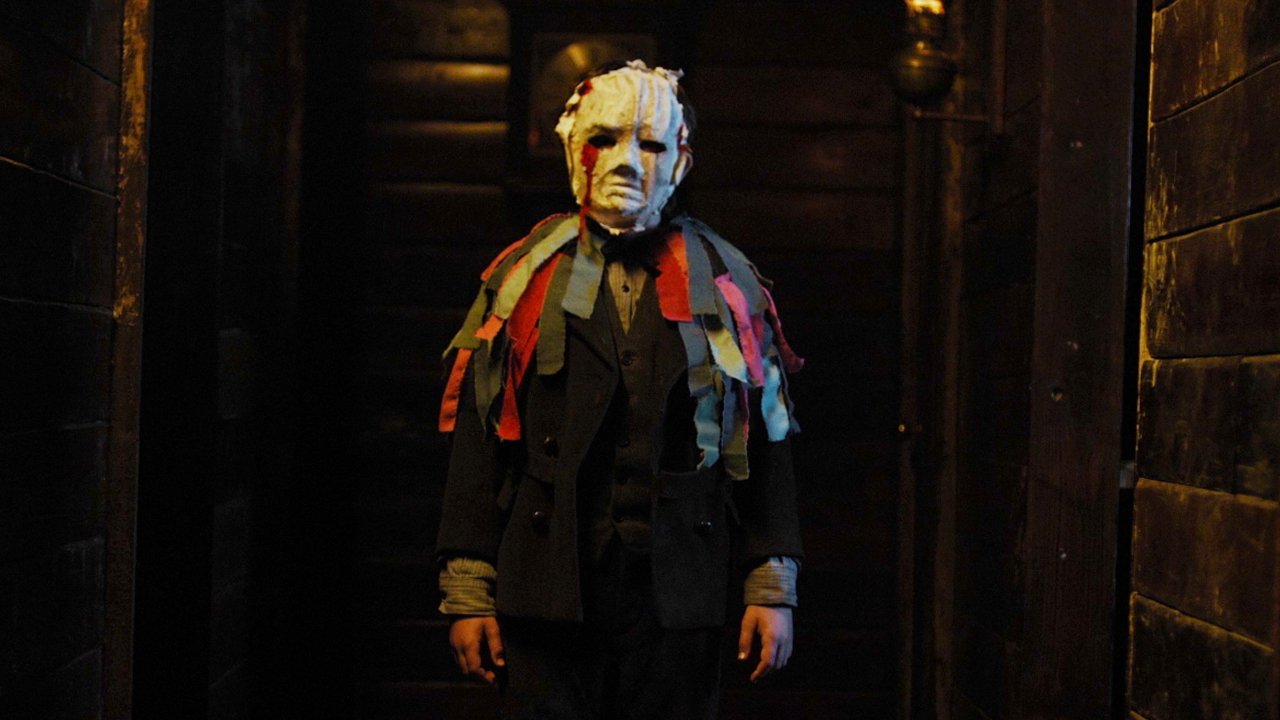
Notable Snubs: Many expected the Fantastic Beasts sequel to follow in its predecessor’s nominated footsteps, and any number of 1960s-80s set awards hopefuls were bandied about at some point.
Worst Snub: Weird British pagan villages had a moment this year with Apostle and The Ritual, and no one noticed. Not since The Blair Witch Project have the woods seemed so uninviting, but these films successfully visualized what so many haunted woods features never get to. Their villages are bizarre thatches of cult living. Between the two, Apostle’s thorny, twisted sights and green hills take the edge, but in a year where so much attention went to virtual realities and alien worlds, some of the best production design made the familiar intriguing and beautifully haunted.